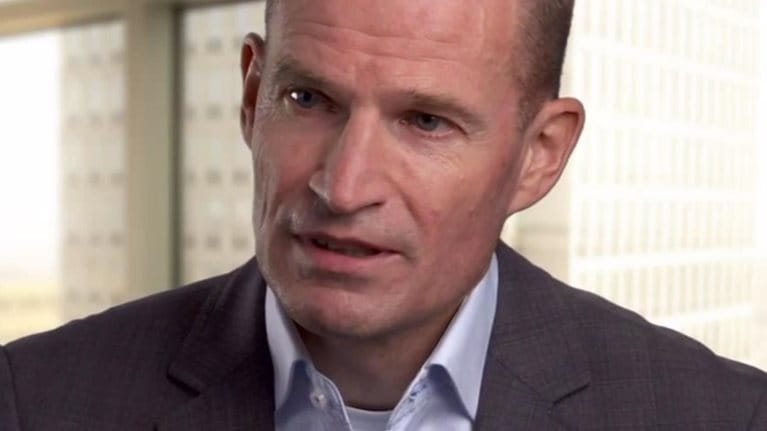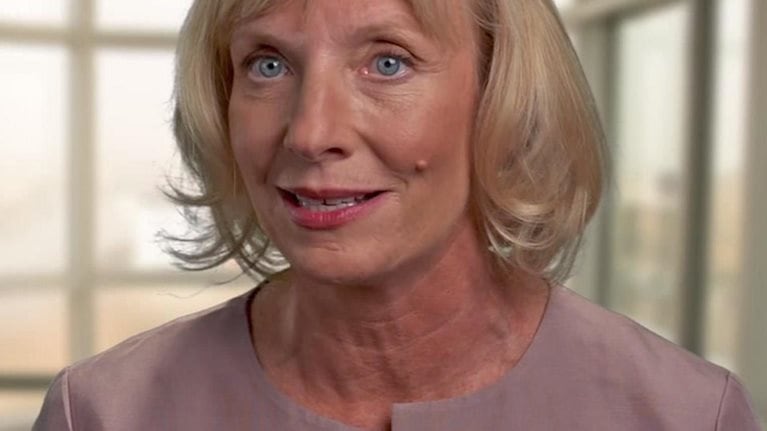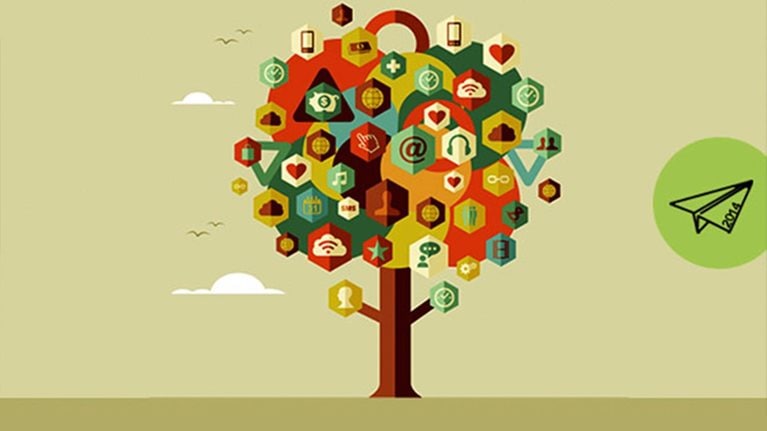Watch the complete, chaptered interview on our YouTube channel.
Highlights from the interview:
Understanding the customer to drive innovation
The CMO is at the heart of driving growth for the business. I'm very fortunate that I've always been in companies where the customer is at the heart of the decision-making. There's a huge reliance on marketing to genuinely be the voice of the customer and to challenge and innovate.
As an example, mobile phone customers love upgrading. They always want the latest tech, and this is even more important now than it has been in the past. So one of the things we did recently was to introduce a new contract that meant they could upgrade at any time. It was a simple innovation that came directly from what the customers were saying to us, but also, importantly, from the frontline staff. It's one thing to say we listen to our customers. But what does that really mean? It also means that you've got to listen to the guys who are in the stores, the guys who are taking calls 24/7 and are dealing with a customer every two or three minutes. They really know what the customer wants.
Everything and everybody is marketing
Now more than ever, marketing needs to get into all corners of the business. So just doing your functional bit, just being the voice of the customer, although that’s huge, is not enough. It’s not a new concept, but everything and everybody is the marketing of the company. We have to make sure that everything we do operations-wise is staying true to our brand. I think too much marketing in the past has been seen as a cost, and a necessary cost, but it hasn't been the driver of value that it is now.
Keeping up with the pace of change
The pace of marketing has become faster than ever. This means we can spend months or years investing in great new innovations and concepts and bringing them to market, but we know that's not going to give us a competitive advantage for years to come. Sometimes we'll spend a lot of time bringing a product or a new proposition to market, and we need to plan the fact that that gives us only a six-month head start. We need to then figure out, whilst our competitors are catching up with what we've just done, what we’re doing to make sure that when they get there we're already on to the next thing. That's why it's tiring and it's relentless. It's a real challenge, because marketing is the bit of the business that has to really lead that.
The changing role of the CMO
The CMO’s role is definitely as an agent for change in the organization. I think it's the CMO’s role to challenge the board and to be the voice of the customer. It's also the CMO’s role to never be happy, never be settled, and always be innovating.
Marketing is everybody's responsibility. That sounds like a trite statement, but it's absolutely the case. Everything we do, from the way we send our invoices to the way our accounts department deals with external suppliers, says something about our brand and our organization. So marketing, as well as its focus on the customer and innovation, has to understand what the brand really stands for and has to be the guardian of the brand.
Marketing used to be much more cost-focused and more focused on traditional elements, such as creative and the brand, as well as driving strategy. Now, for a number of good reasons, return on investment and P&L accountability are much higher on the marketing agenda. So people are looking at marketing less as doing just some of those brand things and are seeing that it's right at the heart of adding value. It's looked to as the bit of the business that can help drive change. And that has definitely moved on over the years. Marketing as it used to be was much less about P&L and much less about financial. It was the joke that, in marketing, it was all lovely, all creative and fluffy. But to be successful now, we absolutely have to have the same objectives as the sales guys, as our trading teams, and really, really be sharp on the numbers all the time.


